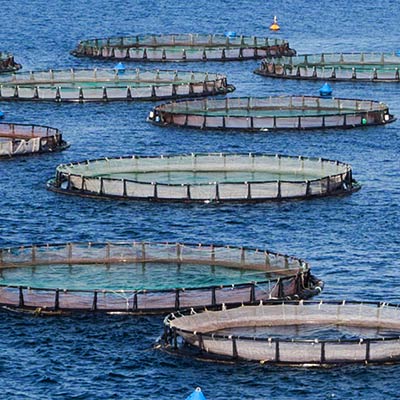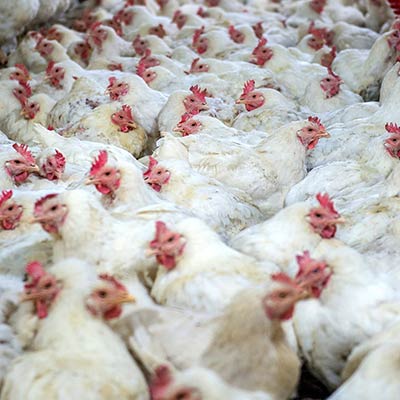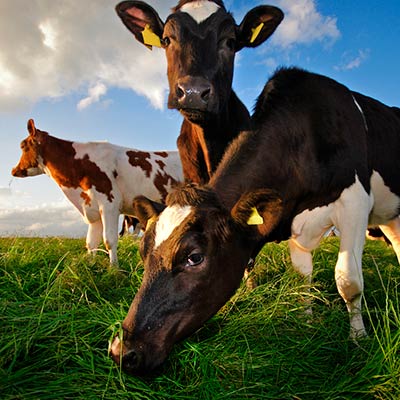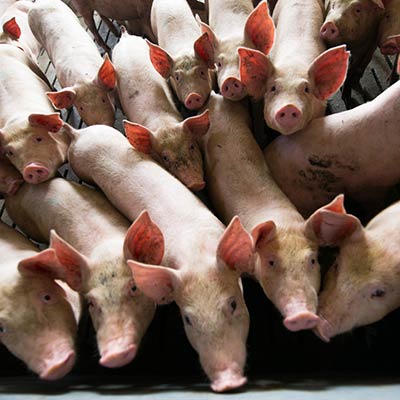Environmental impact




By going plant-based, we can reduce the impact of climate change, rainforest destruction and pollution, while saving water and other precious resources.
Currently, animal agriculture is extremely destructive to the planet. It is the single largest contributor to greenhouse gas emissions1, and is a leading cause of land2 and water use3, deforestation, wildlife destruction, and species extinction. About 2,000 gallons of water are needed to produce just one pound of beef in the U.S. Our oceans are rapidly becoming depleted of fish; by some estimates, oceans may be fishless by 20484. The current food system, based on meat and dairy production, also contributes to world hunger5—the majority of crops grown worldwide go toward feeding livestock, not feeding people.
Equally important, animals raised for food are sentient beings who suffer, whether raised in industrial factory farms or in farms labeled "humane."6 Eating a plant-based diet helps us lead a more compassionate life. After all, being healthy is not just about the food we eat; it's also about our consciousness—our awareness of how our choices affect the planet and all of those with whom we share it.


